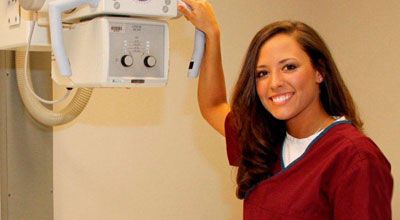Ultrasound CQR and Structured Education
The American Registry of Radiologic Technologists® (ARRT®) has implemented a system of Structured Education and Continuing Qualification Requirements (CQR). The new requirements do not apply to Radiologic Technologists certified before January 1, 2011. However, technologists who first got their certificate on or after 1/1/2011 have a time-limited license that is valid for 10 years. Renewing certification for an additional 10 years requires completion of the CQR process. Also, to remain compliant with ARRT® rules and regulations and the Standard of Ethics, R.T.®’s are required to complete a renewal process annually and continuing education requirements every two years. R.T.®s in Sonography need CE credits related directly to this subject. This is known as structured education.



